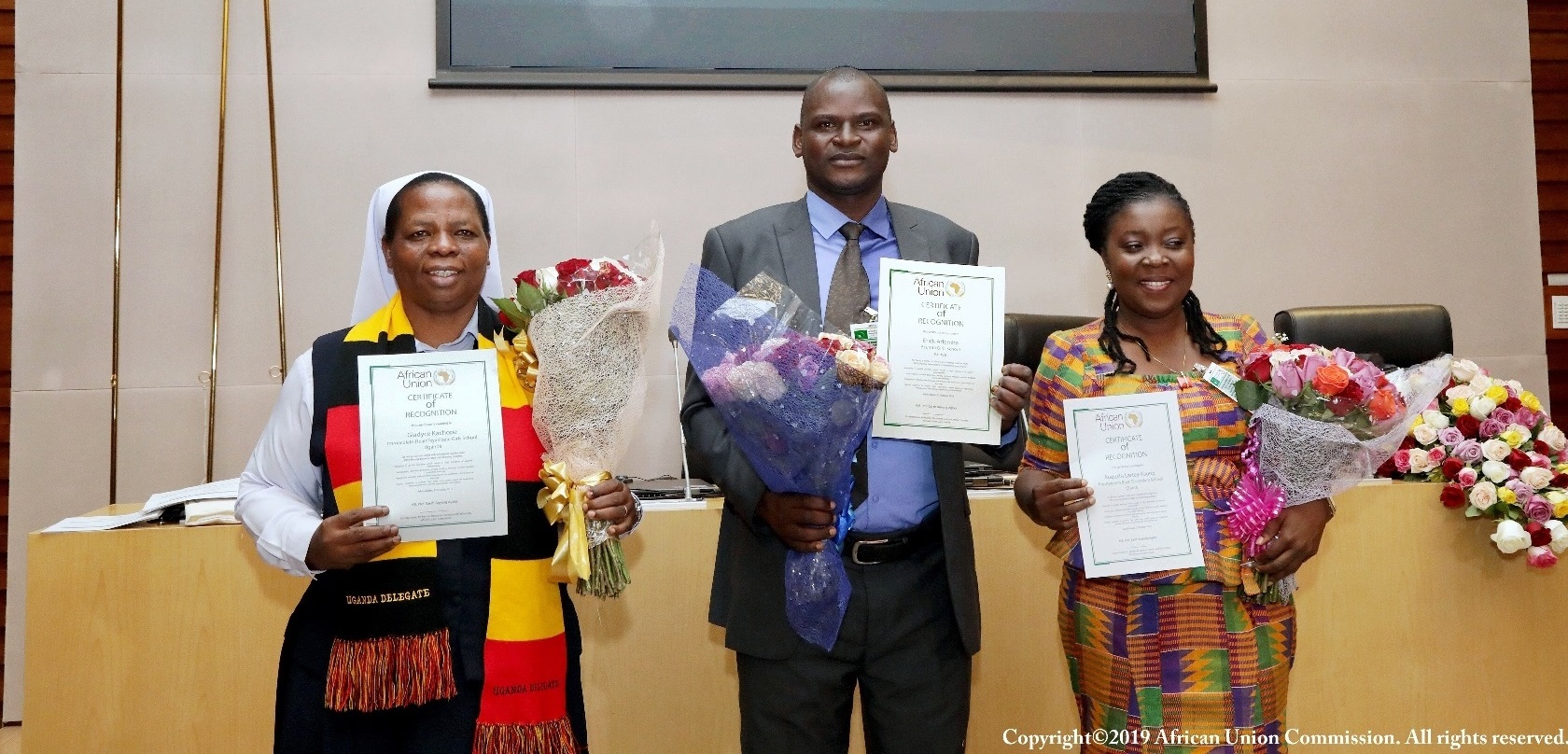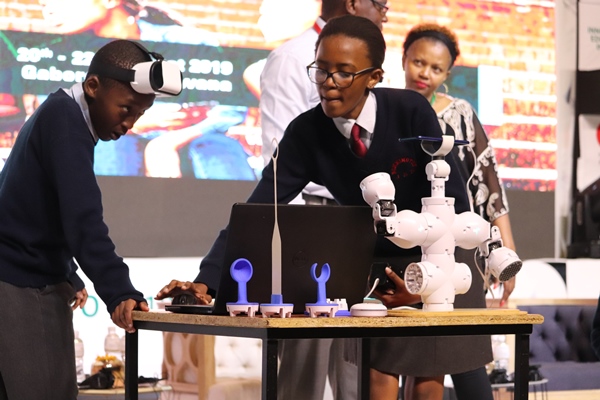Title of Innovation: Mavis Talking Books
Year of implementation: N/A
Implemented by: Mavis Computel Limited
Website: www.maviseducation.com
Country/Countries where the Innovation is being implemented: Nigeria
Problem being solved
Shortage of quality teachers who can provide quality personalized/differentiated learning – especially in underserved communities
According to the 2015 UNESCO Education for All Global Monitoring Report, 3.4 million new primary school teachers are needed to be recruited by 2030. Sub-Saharan Africa, accounts for 67% of this number. Nigeria alone needs nearly 400,000. Top-quality teachers are often not attracted to teach in the rural communities where the need is greatest for many reasons, among which are poor remunerations and incentives. Most of these teachers are not able to teach in the mother tongues of the children. Lack of adequate learning materials in both English and the local languages poses additional challenges to the teachers and pupils. All these lead to very poor learning outcomes.
Description of innovation
Mavis Talking Books™ - Everyone learning, Everywhere a Classroom™
Our solution focuses on using our Mavis Talking Books™ technology and Mavis Education Model to provide high quality, learner-centred education for all, irrespective of their literacy level and language. A Mavis Talking Book (MTB) consist of a digital pen (Mavis Pen) and a specially printed book. When the pen touches text or pictures in the book, the pen reads out the corresponding audio, including interactive games, quizzes, multi-language translations, etc. We program quality content, developed by experts, into the Talking Book format in a language that the user understands. The Talking Book does not require the Internet to function. One Mavis Pen can work with up to 100 books. We started with Basic Education to lay a solid foundation.
Our Mavis Education Model enables children using MTBs in a classroom to learn in small groups of not more than 5 pupils per group. An audio splitter connected to the audio port of the Mavis Pen and individual earpieces connected to the audio splitter enable sharing by the children. The children learn on their own. The MTBs serve as intelligent and tireless instructors, while trained teachers serve as facilitators, overseeing many small groups. A small group reinforces positive peer pressure where there is collaboration and high degree of participation. Each small group can learn at its own pace. It can even learn a different subject. Multi-grade classrooms are also supported. These lead to highly improved learning outcomes. Recorded average test results before and after the using MTBs are about 30% and 82.5% respectively.
Some Deployments:
UKaid (DFID):
- Literacy & Numeracy project using the Mavis Talking Books™ and Mavis Education Model™ deployed in over 117 low cost private schools in Lagos, Nigeria under the Developing Effective Private Education in Nigeria Challenge Fund project to reach over 6,000 children (Grades 1 to 3). Video: https://youtu.be/4KfjVafBQZY
- Also deployed in public primary schools in Kaduna, Kano, Katsina, Jigawa and Zamfara states under the Teacher Development Programme.
US Embassy in Abuja: Literacy & Numeracy project to reach over 400 out-of-school children in Abuja.
Mavis Academy: Our chain of low-cost schools using the Mavis Education Model to deliver quality learning at school fees of about $7/child/month.
Outcomes and Impact
Canaan Children School - Lagos
Emeka Bassey is a pupil of Canaan Children school. He is in basic 3. Emeka among others has improved immensely in Mathematics as a result of his interaction with the talking pen and book. His interest in Mathematics as a subject was very low with lack of concentration but with the introduction of the talking pen he has suddenly become addicted to the subject. Learning the subject became fun and easy. He has also become a leader. He learns faster with the pen and also loves to carry other pupils along. The general success of Mavis talking pen and book has been the ability of the pupils to learn with less supervision.
Potential to be scaled and replicated
Our goal is to collaborate with key education stakeholders (private sector, development partners, governments) across Africa to provide quality basic education in the language the learner understands, at a fraction of the cost. We also plan to expand our Mavis Academy chain of low-cost schools in the coming years.

















